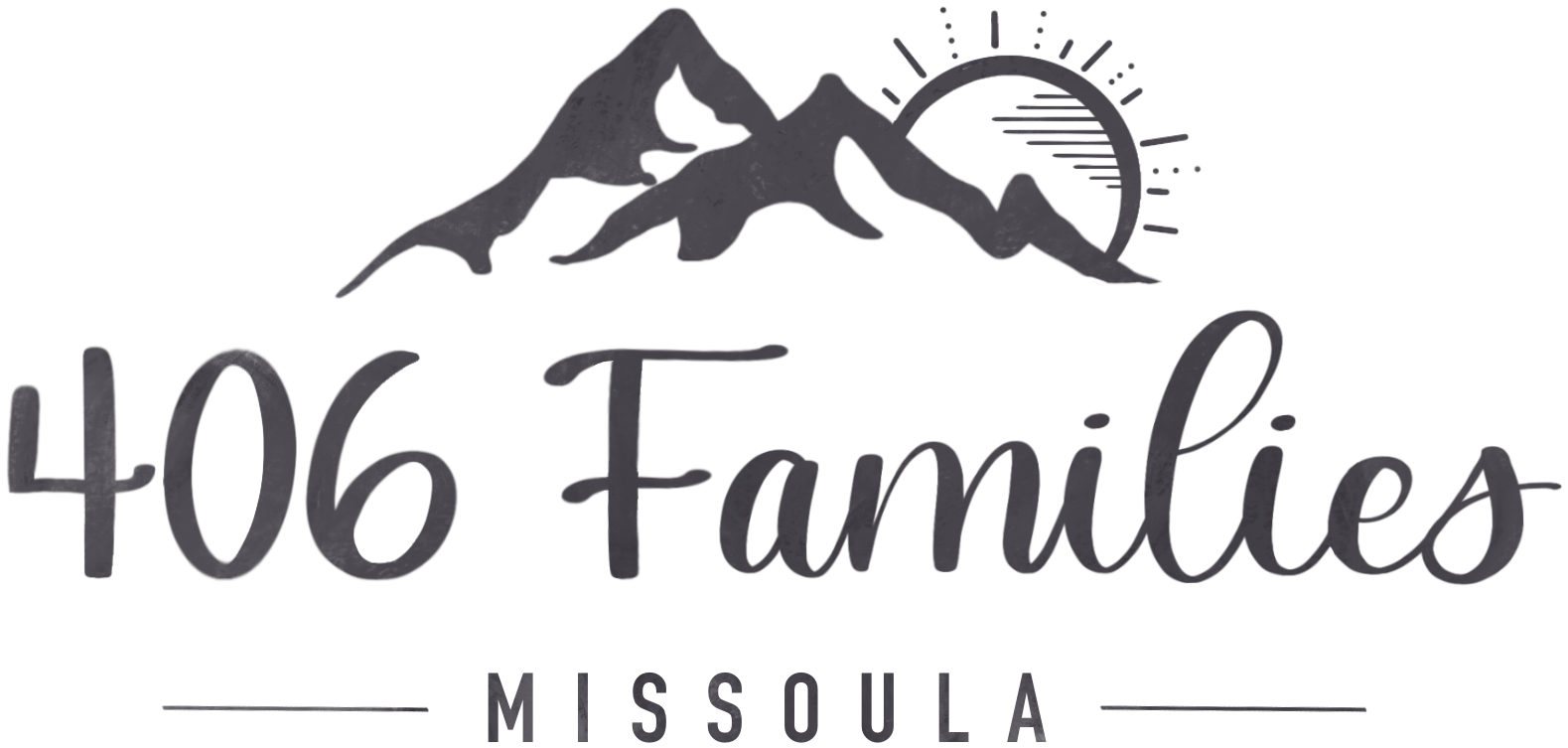Prenatal Nutrition: Capsulized
This post was created by ConsumerAdvocate.org to better help pregnant moms understand quality prenatal vitamins. See more of their recommendations here. Read more about our submitted posts in our Disclosures.
A prenatal vitamin is possibly one of the best dietary choices you can make while pregnant (and even whilst trying to conceive). But what makes a good prenatal vitamin? The best prenatal vitamins include four key nutrients: Folic acid, iron, calcium, and vitamin D. Here’s why:
Folic Acid is a B vitamin essential for the growth of your baby’s neurological system, including the brain and spinal cord. Studies have shown that it reduces the incidence of incurable and usually fatal neural tube defects such as anencephaly and spina bifida. You may have learned that by increasing foods that are rich in folate acid, such as broccoli and leafy greens, you will increase your consumption of enough folic acid. However, while a well-balanced diet is always recommended, folic acid contained in prenatal vitamins is actually more easily absorbed by the body than the folate found in ingesting whole foods.
Iron is important for pregnant body because without sufficient intake, your body will not be able to make enough red blood cells or hemoglobin to carry oxygen to the rest of your body’s tissues. This can result in anemia which may leave the body fatigued or contribute to a low birth weight or pre-term birth. A careful note for vegetarian and vegan women, as iron from plant-based sources may not be as properly absorbed by the body as the iron that come from meat or fish. It’s even more imperative that there is an iron supplement to plant-based diets with synthetic iron.
Calcium is another nutrient that is essential for both you and your baby. Just as it helps to keep your bones and teeth strong, calcium will strengthen your baby’s as well. But because the body does not produce calcium, it’s vital that you get the required amounts in your diet or by supplements. If you don’t consume enough – it could put both you and your baby at risk of osteoporosis.
The last of the four key nutrients is Vitamin D, most commonly found in sunlight and a variety of other vitamin D rich or fortified foods. Vitamin D is crucial for the absorption of calcium and a deficiency is surprisingly one of the most common. The results of deficiency can lead to a higher risk of pre-term birth, preeclampsia, and infections during birth.
As you’re considering conceiving, it’s important to also consider your diet and your baby’s diet. Next time you’re at the pharmacy or store of choice, take a look to ensure your prenatal vitamin of choice has the key nutrients necessary.
Please note that prenatal supplements are not substitutes for a well-balanced diet. Please consult your physician for personalized medical advice.
Sources:
Fertility and Diet: Is There a Connection
Nutrition and Folic Acid

